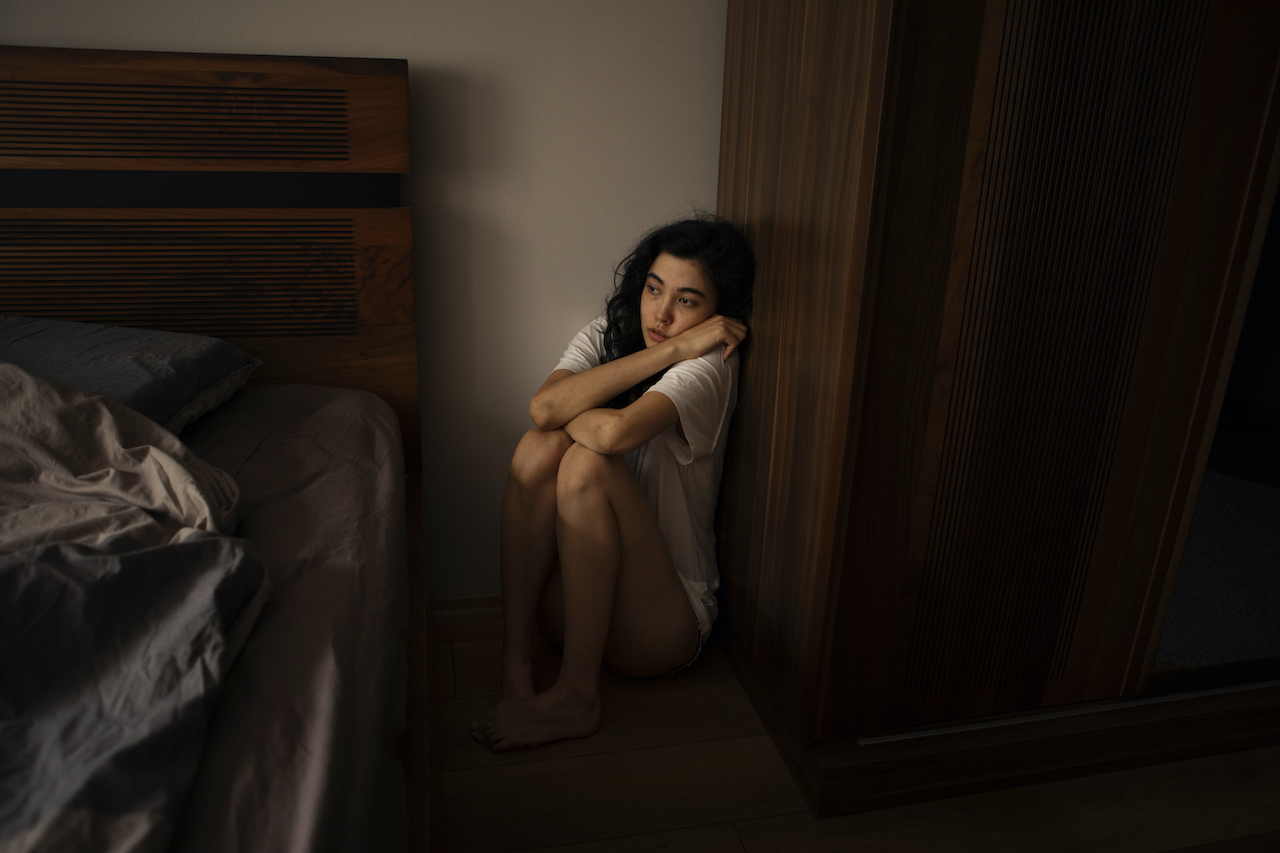Anxiety disorders

What exactly are anxiety disorders?
Anxiety disorders are among the most common psychological conditions people experience. It’s a disorder that causes intense fears in daily life, even when there’s no real danger. You constantly worry excessively about certain things.
What are the different types of anxiety disorders?
Social phobia
Also known as social anxiety disorder, this condition involves extreme fear of what others think of you. It can cause symptoms such as heart palpitations and shortness of breath.
Specific phobia
A specific phobia refers to fear of particular things, such as fear of flying, heights, claustrophobia, fear of dentists, spiders, or blood. These phobias can trigger symptoms like fainting, heart palpitations, sweating, or hyperventilation.
Panic disorder
Panic disorder involves frequent panic attacks. In addition to the overwhelming fear, you may experience physical symptoms like heart palpitations, difficulty breathing, sweating, chest tightness, shaking, dizziness, nausea, or chills.
Post-traumatic stress disorder (PTSD)
PTSD occurs after a shocking or traumatic event. Those who struggle to process such events may experience long-term mental and physical symptoms, which can appear immediately or even months later.
What causes anxiety disorders?
There are many different factors that can contribute to the development of an anxiety disorder, but why someone gets an anxiety disorder is often difficult to explain. Typically, multiple factors play a role:
– It can be inherited and run in families.
– Parenting styles can also contribute to anxiety disorders.
– People who struggle with social interactions may be more prone to anxiety.
– A serious or frightening event can trigger an anxiety disorder.
– Physical illnesses, certain medications, or drug use can also lead to anxiety disorders.
How can you recognize an anxiety disorder?
Many people may think that simply feeling afraid means you have a disorder, but that’s not the case. When anxiety regularly disrupts your daily life, it may indeed be a disorder. Common symptoms of anxiety disorders include headaches, sleep problems, stomach aches, lack of appetite, concentration difficulties, a constant sense of dread, irritability, tension, restlessness, and fear of various symptoms.
How can you best cope with it?
There are many ways to manage an anxiety disorder. One method is to take good care of yourself by staying active, going outside, eating healthily, and getting proper rest. It’s also important to talk about your feelings with others, such as with parents, partners, friends or your doctor. Your doctor can refer you to the appropriate professional, if necessary.
How can people around you best support someone with an anxiety disorder?
First, take the time to listen to the person. It’s important not to reinforce their fears and to change the subject after a few minutes. Another way to help is by offering distractions, such as engaging in fun activities together.


